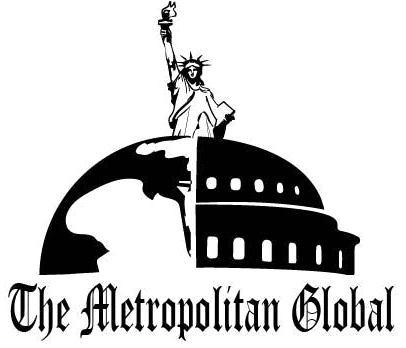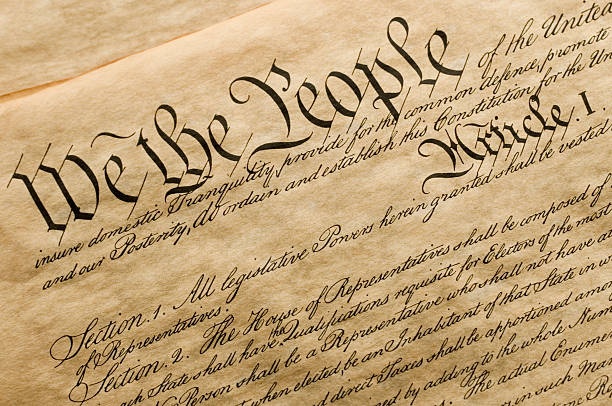Democratic deliberation forum
 Metropolitan global
Metropolitan global
In many communities, people want to have a say in the decisions that affect their lives. This is where democratic deliberation forums come in. These forums give people a place to discuss and decide on important issues together. In this blog post, we will explore what democratic deliberation forums are, how they work, and why they are important. We will also look at some real-life examples and how you can get involved.
What is a Democratic Deliberation Forum?
A democratic deliberation forum is a place where people come together to talk about and decide on issues that matter to them. These forums can be in person or online. The goal is to let everyone have a chance to speak and to make decisions as a group.
In a democratic deliberation forum, everyone is equal. This means that everyone’s opinion is valued, and everyone gets to speak. These forums are different from other meetings where only a few people get to decide.
How Do Democratic Deliberation Forums Work?
Here are the steps usually followed in a democratic deliberation forum:
Identify the Issue: The first step is to decide what issue will be discussed. This can be anything from local school funding to city planning.
Gather Information: Before the discussion, people gather information about the issue. This can include facts, statistics, and opinions from experts.
Discuss the Issue: People come together to talk about the issue. This is the main part of the forum. Everyone gets a chance to speak, and the discussion is usually guided by a facilitator.
Make Decisions: After the discussion, the group makes decisions about what actions to take. These decisions can be made by voting or by reaching a consensus.
Take Action: Once decisions are made, the group works together to carry them out. This can involve working with local government, organizing community events, or other actions.
Why Are Democratic Deliberation Forums Important?
Democratic deliberation forums are important for several reasons:
They Promote Participation: These forums encourage people to get involved in their communities. When people have a say in decisions, they are more likely to feel invested and take action.
They Build Understanding: By discussing issues with others, people can learn about different perspectives. This helps build understanding and reduce conflict.
They Lead to Better Decisions: When more people are involved in decision-making, the decisions are often better. This is because the group can consider more information and different viewpoints.
They Strengthen Communities: Working together to solve problems can bring people closer together. This strengthens the community and makes it more resilient.
Real-Life Examples
Let’s look at some real-life examples of democratic deliberation forums:
Example 1: Participatory Budgeting in New York City
Participatory budgeting is a process where community members decide how to spend part of a public budget. In New York City, residents can participate in deciding how to spend millions of dollars on local projects. They come together in forums to discuss and vote on proposals. This has led to projects like new playgrounds, community gardens, and improved public transportation.
Example 2: Citizen Juries in the UK
In the UK, citizen juries are used to involve the public in decision-making. A group of citizens is selected to represent the community. They meet to discuss issues like healthcare, education, and the environment. The juries listen to experts, discuss the issues, and make recommendations. These recommendations are then considered by policymakers.
Example 3: Deliberative Polling in Texas
Deliberative polling is a method where a random sample of citizens is brought together to discuss an issue. In Texas, deliberative polling has been used to discuss energy policy. Participants received information about different energy options, discussed the issues in small groups, and then voted on their preferences. The results were used to guide energy policy decisions.
How You Can Get Involved
If you want to get involved in democratic deliberation forums, here are some steps you can take:
Find Local Forums: Look for local organizations that host deliberation forums. This can include community centers, local government, and non-profits.
Attend Meetings: Once you find a forum, start attending meetings. This will give you a chance to learn about the issues and how the process works.
Participate in Discussions: Don’t be afraid to speak up and share your opinion. Remember, everyone’s voice is important in a democratic deliberation forum.
Stay Informed: Keep up to date with local issues by reading the news and talking to others in your community.
Get Others Involved: Encourage your friends, family, and neighbors to participate. The more people get involved, the stronger the forum will be.
Conclusion
Democratic deliberation forums are a powerful tool for community decision-making. They promote participation, build understanding, lead to better decisions, and strengthen communities. By getting involved in these forums, you can help make your community a better place.
Remember, your voice matters. Whether it’s deciding on local school funding, city planning, or other important issues, you have the power to make a difference. So, find a forum near you and start participating today!
For more information and to find local forums, visit www.metropolitanglobal.com. Together, we can build stronger, more inclusive communities.
Subscribe to my newsletter
Read articles from Metropolitan global directly inside your inbox. Subscribe to the newsletter, and don't miss out.
Written by

Metropolitan global
Metropolitan global
Metropolitan Global is a leading news platform offering timely, reliable, and insightful coverage on a wide range of topics, from politics and finance to technology and global affairs. Our mission is to provide in-depth reporting, analysis, and perspectives that keep readers informed and engaged. Based in Washington, D.C., we are committed to delivering accurate news with a focus on transparency, integrity, and the evolving stories that shape the world today.